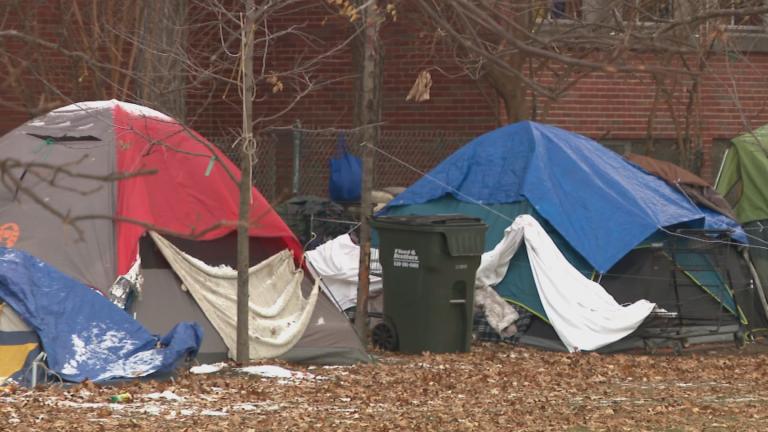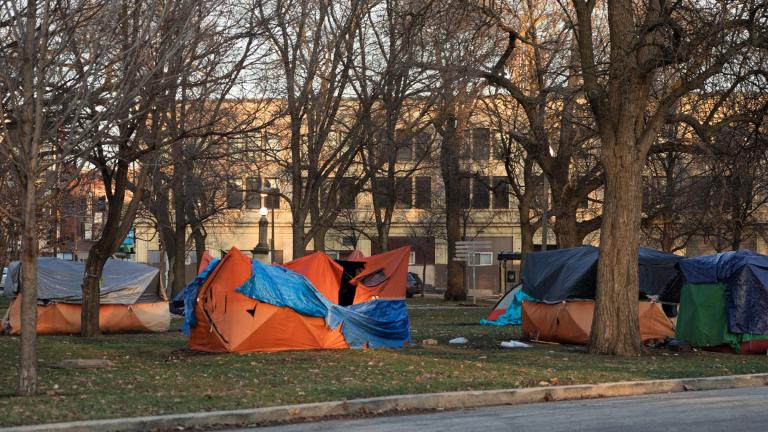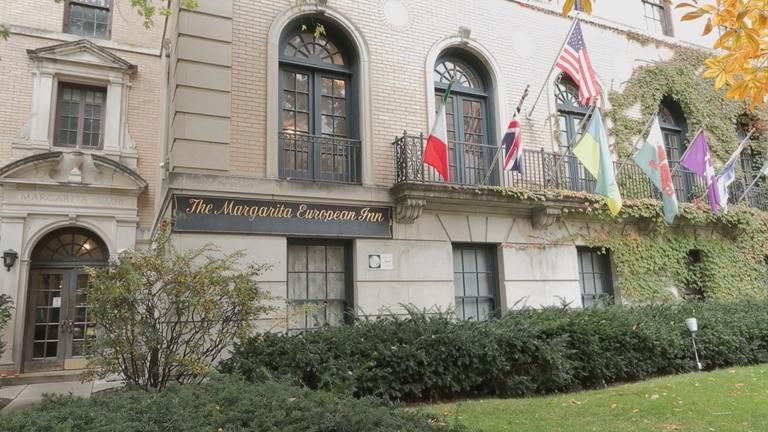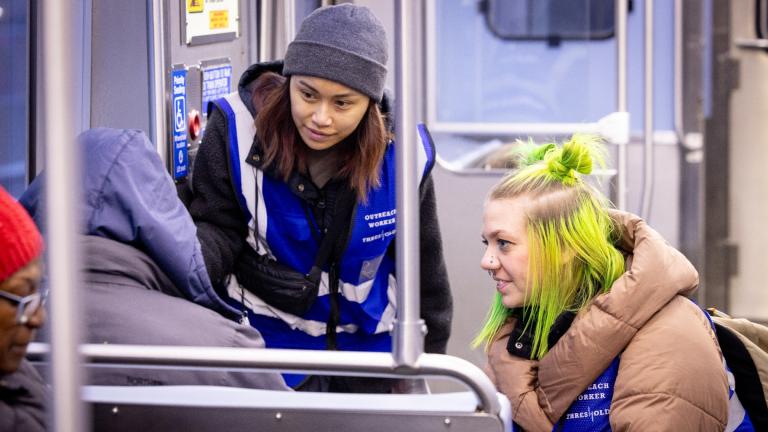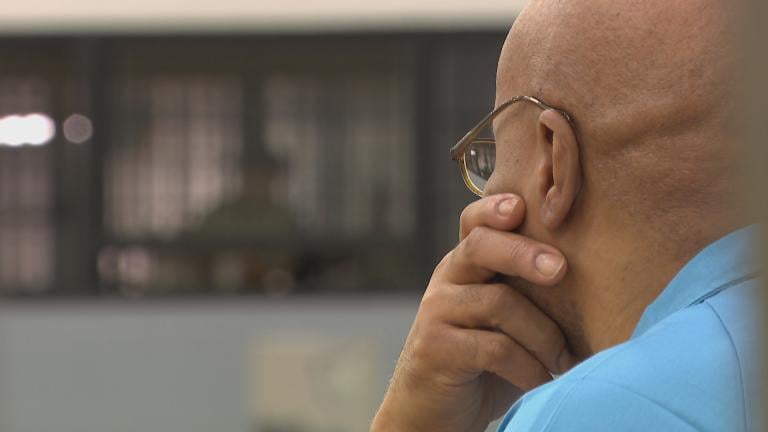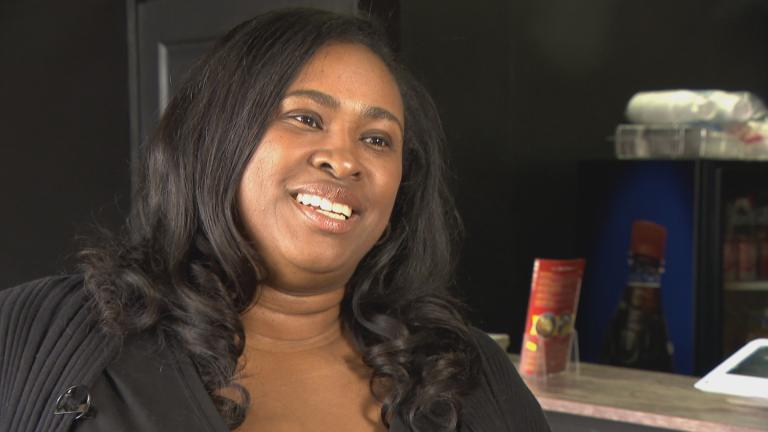Long before the coronavirus pandemic, communities of color across Illinois and in Chicago were experiencing an epidemic of poverty.
According to a 2020 state report, 1 in 8 Illinoisans were living in poverty as of 2018 — for a family of three that was defined as having an annual income of just over $20,000. It also found that Black women in Illinois were three times more likely to experience poverty than white men; and that 1 in 6 children, and 1 in 3 Black children, lived below the poverty line.
That was before the COVID-19 pandemic created a perfect storm of need, hitting Black and Brown communities hardest.
Sol Flores is one of Illinois’ deputy governors and was previously the founding executive director of La Casa Norte, a nonprofit organization that provides services to youth and families confronting homelessness. She says families at or below the poverty line are living a precarious existence.
“They are struggling on multiple fronts. How to pay rent and make sure they are living in a stable house. How to make sure that they are food secure — that they have enough food to eat when they need to eat. Making sure that they have access to transportation, to health care, to school supplies,” said Flores. “Oh, and everyone once in while they have to buy new clothes.”
Flores said the current definition of the poverty line is “well below what most individuals can live on in this country.”
She also notes that social mobility in Illinois has declined in recent decades, meaning that “our children are doing worse off than their parents.”
“What we have been doing incrementally in Illinois has not been working,” said Flores. “The pandemic has ripped a Band-Aid off and made glaringly clear what poor people in this state were already dealing with. And now we have more people dealing with it.”
Candace Moore, the Chicago’s first chief equity officer, a position created under Mayor Lori Lightfoot, says that systemic racism is central to understanding the problems that many poor people of color face.
“It’s important to actually center that as a truth of the problem that we are dealing with,” Moore said. “And then … as we are thinking about solutions, how do we focus on the targeted communities that we really need to hit.”
Moore says the city has been working to do what it can to make its resources go further amid the pandemic “with that eye toward equity in mind.”
Xochitl Flores, bureau chief for economic development for Cook County, says that since the onset of the pandemic, the county is seeing a demand for social services across the board.
“This pandemic is exposing how easy it is to fall from the middle class into poverty,” Xochitl Flores said. “People just really need to depend on their government right now and ask us to function swiftly and efficiently to strengthen these vital networks of support.”
Use this link to explore resources available to Cook County residents and small businesses dealing with economic hardships due to the COVID-19 pandemic.

